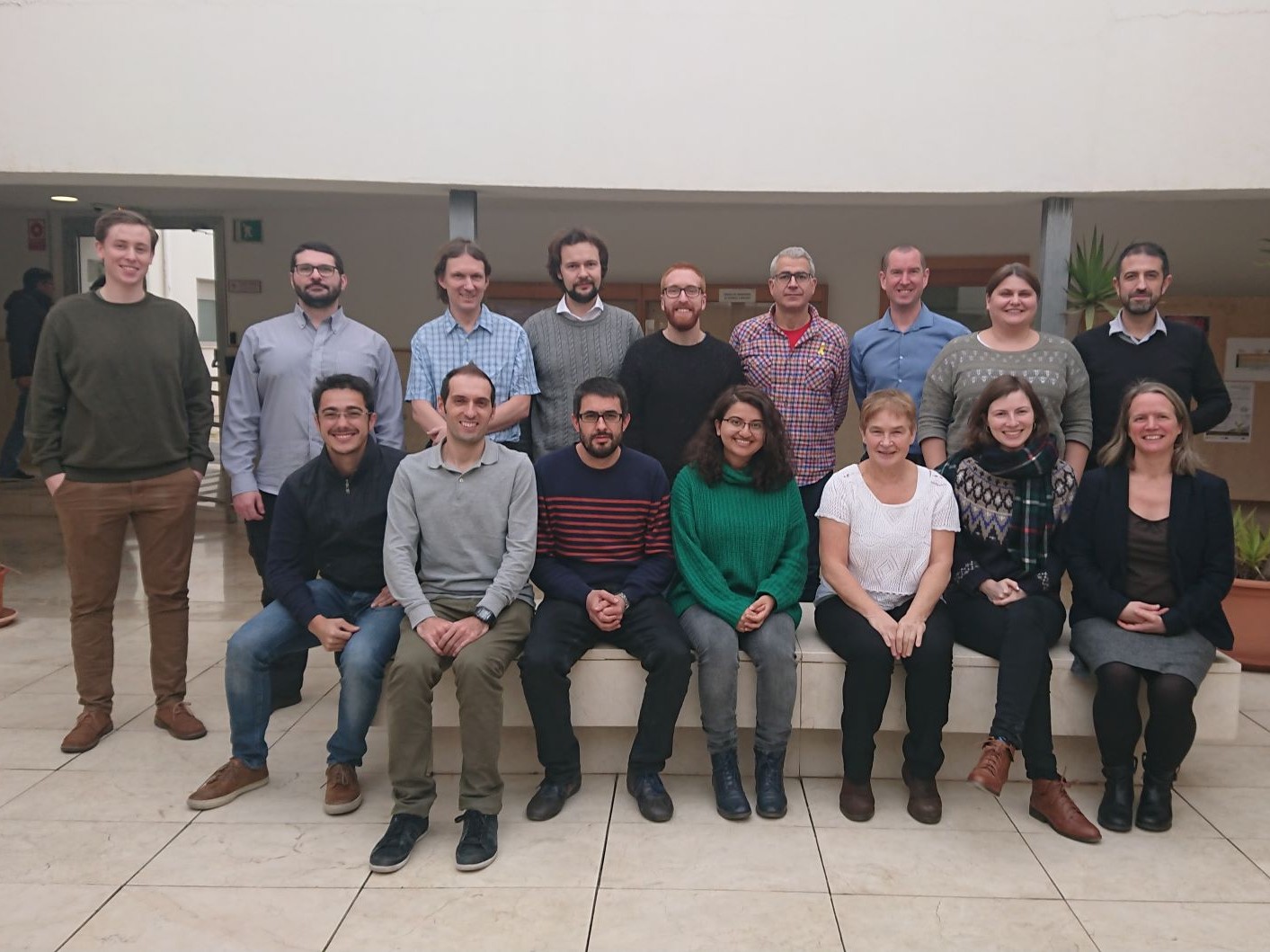European project tackles the machine translation of news in languages with little online presence
The University of Alicante Department of IT Languages and Systems Transducens Research Group takes part in the European Project GoURMET: "Global Under-Resourced MEdia Translation" to deal with the machine translation of global news into languages with little digital presence. Coordinated by the University of Edinburgh, the project will last three years and has as partners the University of Alicante, the University of Edinburgh, the University of Amsterdam, the British Broadcasting Corporation (BBC) and the Deutsche Welle (DW). Its journey has only just begun in 2019, funded within the framework of the European Research & Innovation Action H2020-ICT-2029. As a matter of fact, the project kick-off session will be hosted at the UA Polytechnic School I (EPS-1) meeting room. Languages involved The project will develop neuronal automatic translation systems for language pairs and domains with few resources. These systems are based on automatic learning techniques with neural networks similar to those used in other fields of artificial intelligence in recent years. In order to achieve the desired quality, neural machine translation systems require a large number of parallel texts — texts in one language along with their professional translation into another language — which are not available for languages of interest to project partners such as Turkish, Swahili, Guyaratí, Bulgarian or Yoruba, as explained by UA principal investigator Felipe Sánchez. According to him, GoURMET will address this challenge using techniques such as the generation of synthetic translations and additional existing resources, such as dictionaries. On the one hand, the systems developed will be tested by BBC and DW international services to track news produced by media in local languages by automatically translating them into English, and, on the other hand, to translate news originally written in English into the languages of their international audience. As reported by Sánchez, the University of Alicante researchers, in collaboration with the other GoURMET partners, will be in charge of collecting parallel texts from the Internet and other linguistic data that may be useful and after that integrate them into neuronal automatic translation systems. In some cases, this will involve the creation of synthetic translations and the intelligent exploitation of untranslated texts. Transducens Research Group University of Alicante Transducens Research Group was created in 2004. This research focuses especially on automatic translation with emphasis on translation between related languages (especially Romance languages); phonetic annotation of texts for reading aloud; indexing and marking languages in digital libraries; grammatical inference from stochastic samples and their applications; and computer-assisted education.
Países
Germany, Spain, Netherlands, United Kingdom



